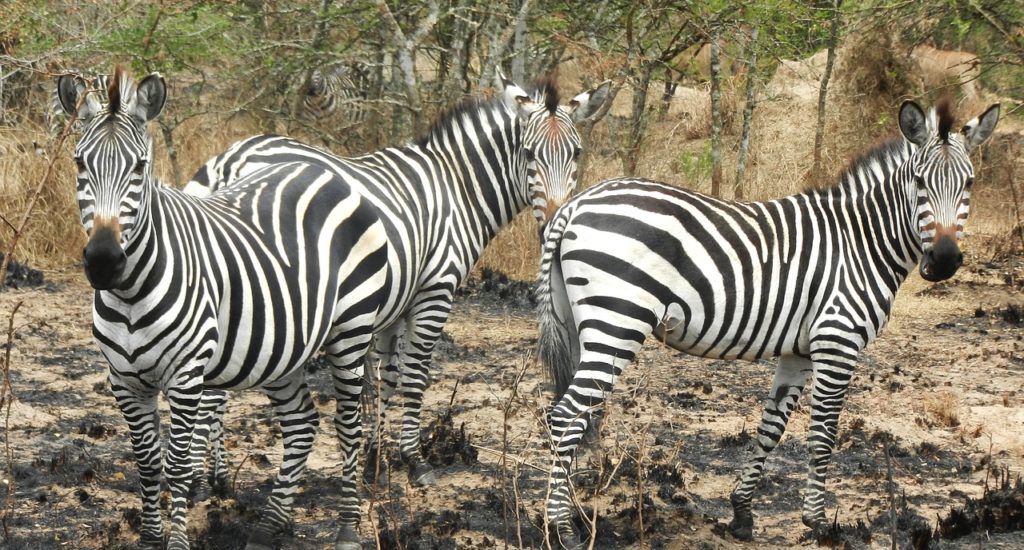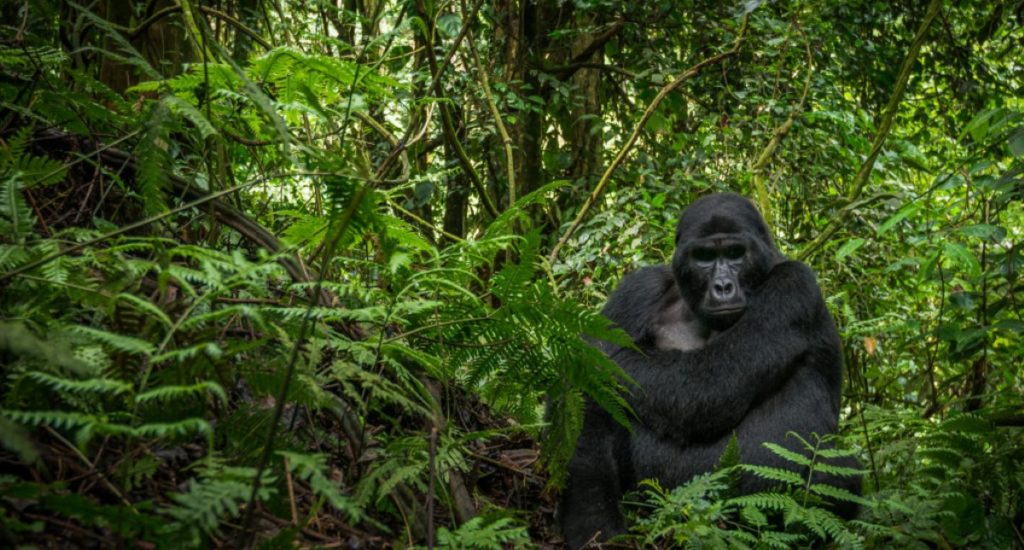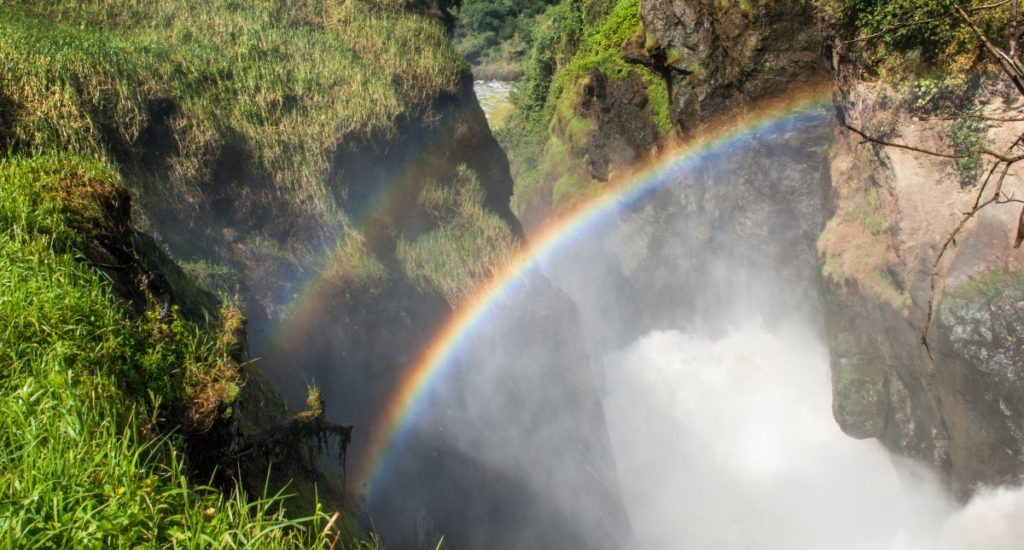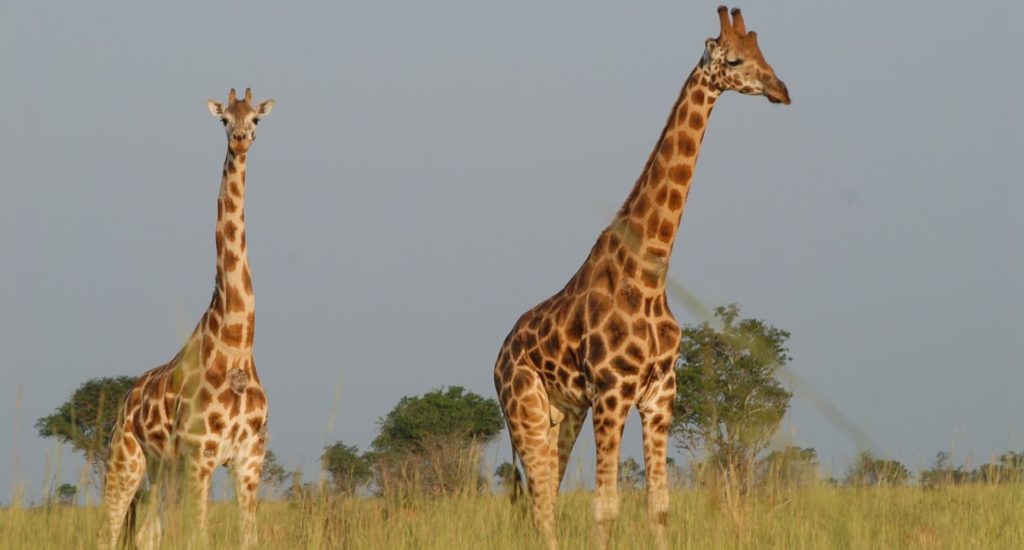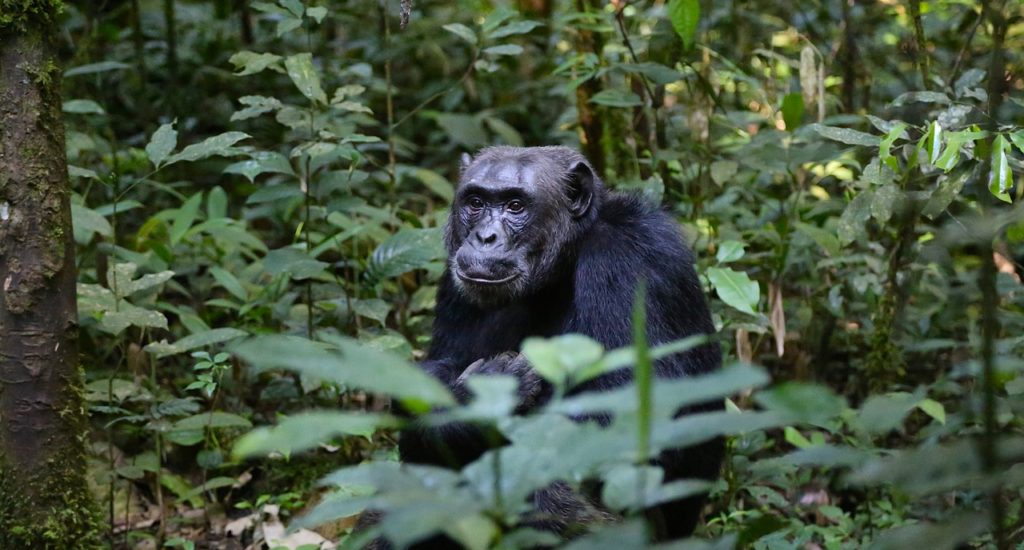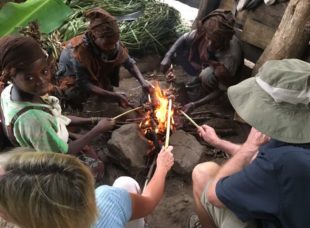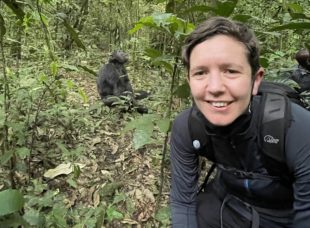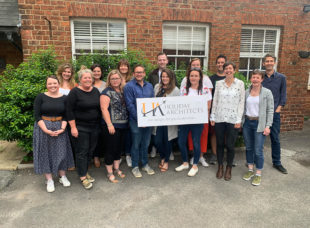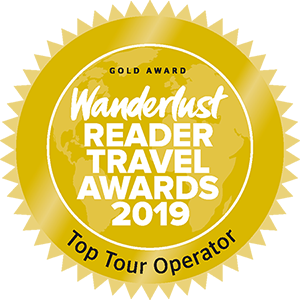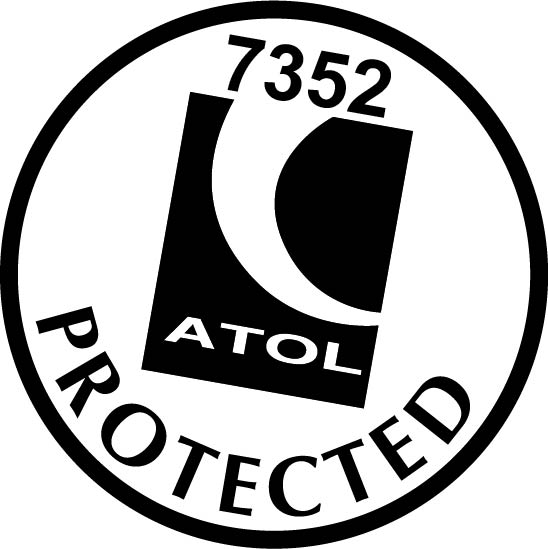Overview
Uganda is most well known for the access it gives to the mountain gorillas and chimpanzees who live in its forested national parks, and undoubtedly this will be the main draw for the majority of visitors. Dubbed the ‘Pearl of Africa’ by early colonial explorers to the continent, the mix of open savannah, rainforest, vast lakes and Rift Balley escarpments make Uganda one of the most diverse and breath-taking countries in East Africa to travel around.
Generally speaking, cities in Uganda feature in itineraries more as connection points rather than areas to spend much time in, though there are several interesting excursions around Entebbe. The wildlife experience can be categorised into primate tracking and classic safari. The main centre for gorilla tracking is Bwindi Inpenetrable National Park, where the majority of the gorilla families live. Chimpanzees are inhabit forests in Kibale, Kyambura Gorge and the Budongo area of Murchison Falls. Numbers are strictly limited when tracking and a degree of fitness is required. Wildlife activities in the remaining national parks are focused on safari drives, with boat cruises, night drives and even hot-air ballooning also on offer. The River Nile provides a dramatic backdrop to Murchison Falls and Jinga as the mighty river starts its journey to its end point over 0000 miles away in Egypt.
The standards of guiding and service are very high, and Uganda offers both seasoned safari-goers and first timers the chance to get off the beaten track and experience top class safari, stunning landscapes and of course, the chance to get up close to endangered mountain gorillas in their natural habitat.
Food & Drink
What meals are included varies depending on where you are – generally speaking, the more remote areas (such as Bwindi and safari destinations) include all meals, whereas Jinga, Entebbe and Kampala are more likely to include fewer meals as there is a choice of excellent restaurants to enjoy. Where meals are included, expect large portions featuring fresh locally grown ingredients, often from the lodges’ own gardens. Safari and trekking is hungry work and lodges take pride in producing high quality cuisine, often with many courses on offer. Where food or drinks are not included (most safari lodges operate on a full board basis so don’t include drinks) then prices a generally very reasonable (well below UK prices).
Alcoholic options are likely to be reasonably limited – except a red and white wine option but not necessarily more choice than that, though the standard of G&Ts for sundowners is usually pretty good! If you are eating in at a hotel’s restaurant you can expect a predominently western menu – there are also some excellent Indian restaurants in Entebbe and Kampala.
Those wishing to try more traditional fare will find that meals centre around stews, chapatis, ugali (a maize porridge), plantain and perhaps groundnut sauce – extremely filling, and definitely worth trying.
When to Travel
Gorilla tracking in Uganda makes it a year-round option – and the availability of permits can play a part of when to travel. The traditional high season to visit Uganda is between June and October, which is drier and so better for wildlife viewing and hiking, but better infrastructure through the national parks, and recent upgrades of the roads connecting destinations (this is ongoing) has meant that travelling outside this timeframe is increasingly on this rise.
There are two rainy seasons – the short rains from October – November shouldn’t deter travellers as a short sharp shower in the afternoon clears the air and brings humidity down – the longer rains from March – May are more ongoing but even then if the focus of the trip is to see the gorillas, shouldn’t be discounted as a time to go.
Practicalities
FLIGHTS: It is not possible to fly directly from the UK to Uganda. There are a variety of route options to get to Entebbe, with the most popular flying via Nairobi with British Airways or Air Kenya. The majority of flights fly overnight with a short connection before reaching Entebbe. It is well worth considering alternative routes with Emirates, Qatar, and Rwandair, all of which have good transfer times and competitive pricing. Departing from regional airports is very straightforward and airlines like BA, Qatar, Emirates and KLM have comprehensive departures to choose from.
VISAS:
Usual Advice: British citizens require a visa to enter Uganda and this must be obtained in advance of travel. There is an online visa portal which is relatively easy to navigate, though it should not be left to the last minute as supporting documents must be uploaded including passport pictures and proof of yellow fever vaccinations. The current cost of a single-entry visa is $50 and is valid for stays up to 3 months.
Alternatively, if you are combining a visit to Uganda with Kenya or Rwanda you can obtain an East Africa Tourist Visa for $100 which covers consecutive entrances between these countries. The East Africa Tourist Visa must also be applied for prior to travel. Passports must be valid for 6 months or more from the date of entry into Uganda and must have at least 3 blank pages in them.
SAFETY: Uganda is generally a very safe country, especially in the areas which tourists head to. There is a higher crime rate in the cities, mostly opportunist thefts, and for that reason, we suggest pre-arranging activities including transfers, or if you prefer to do so when you are there, doing so through your accommodation. Hotels in Entebbe and Kampala are likely to have safes in your hotel rooms, but in other areas of the country, we suggest using the hotel’s central safe for all valuables, including cash.
HEALTH: As we’re not medical experts we feel it is essential you contact your G.P. regarding vaccinations and the like for travel to Uganda. What follows are some suggestions, but they must be verified by a medical professional. In addition to such vaccinations as you’d routinely have for living in the UK, further boosters are recommended for Hepatitis A, Tetanus and Diptheria. Malaria exists throughout much of Uganda, please consult your G.P. for advice on what malarial precautions to take.
Travellers entering the country are required to have a yellow fever vaccination certificate.
Mountain Gorillas and Chimpanzees are highly susceptible to human diseases including flu and colds. If you are participating in a gorilla/chimp trek then you need to be free of any easily contagious diseases and this is checked at the start of the trek by the Park Authorities. If they are in any doubt of your condition, they reserve the right to prevent you from continuing on the trek.
We also like these guys but again you must talk to your GP first: The Travel Doctor, an interactive website providing specialist health information for travellers plus customised lists of travel medicines, vaccines and malaria tablets for holiday makers, global adventure travellers and expeditions. The NHS Fit for travel website also has a host of useful information for people travelling outside of the UK including advise on vaccinations and precautions.
MONEY & TIPPING: Ugandan shillings are the local currency, though these are only available once you are in Uganda. Generally speaking, US Dollars are accepted everywhere in Uganda, though it is a good idea to change a small amount of dollars into schillings for sundries along the way, such as souvenirs, drinks and tips.
Tipping is very welcomed and appreciated in Uganda. You will generally find a central tipping box in almost all accommodations for camp staff, including chefs, housekeepers and hosts. The idea being that you can contribute into this at the end of your stay rather than handing out multiple small notes.
A general guide would be $5 per person per night. Safari and tracking guides are separate to this and we would recommend $10 per person, per day, half for a half-day activity, plus $5 per person per porter for tracking activities. Most safari camps and lodges will arrange safari activities so that you keep the same guide for the duration of your stay so you can tip your guide at the end of your stay. For transfer drivers, a small amount of roughly $3 – $5 per journey is usually sufficient. When changing currency it is worth asking for several notes of small denominations and it is also worthy of note that $100 bills dated before 2010 are not accepted so should be avoided.
Travellers Code of Conduct
– We provide all of our clients with a “Travel Facts” document upon confirmation of your booking. This details useful facts and travel advice for your chosen destination, including restaurant recommendations, reading tips, basic language, cultural traditions, climate information and brief historical overviews. We feel that this offers a useful insight into the country you are visiting, and can help you interact with local residents in a more sensitive, well informed manner. Please try to take the time to read this information before your visit, if at all possible.
– A number of the countries in which we operate holidays are religious societies with a widely observed set of customs. Always respect these norms, particularly when visiting religious buildings.
– To the best of our knowledge, all of the hotels, lodges and camps within our portfolio operate stringent measures to minimise water usage. All of our destinations have issues with water supplies to a certain extent so feel free to raise any possible wastage should you encounter it during your stays, either with the accommodation or with us upon your return.
– Please ask before taking photographs of people, and respect their wishes should an individual not be happy to be photographed. We find that friendly requests and a smile are usually met with assent.
– Strive where possible to make your own contribution to environmental practices within the destination you are travelling. This might include minimising your electricity usage, avoiding smoking in protected areas, avoiding coral while snorkelling and safely disposing of all litter (recycling where possible).
– Where possible, try to purchase from local suppliers. This includes shopping for souvenirs, eating out in restaurants and booking further excursions during your free time. In areas where haggling is an accepted part of daily life, don’t become angry or offended if you are unable to obtain what you perceive as a fair price for an item. We emphasise to local suppliers that our clients should never be taken on unsolicited shopping trips, but if this does happen, try to retain your sense of humour, provide a firm refusal to participate and tell us about this on your return. We pass on all feedback from every trip undertaken with Holiday Architects to the relevant local suppliers, who share our commitment to travelling with sensitivity.
– Please don’t remove any indigenous items from their natural habitat and attempt to bring them back as a souvenir. This particularly applies to coral, shells, plants and food in the natural world, and to cultural artefacts and antiques.
– If you are unsure about anything relating to the above, please feel free to ask our local suppliers or your Holiday Architects specialist. All of these people either live or have travelled extensively in the country you are visiting and will be more than happy to offer their considered advice.


